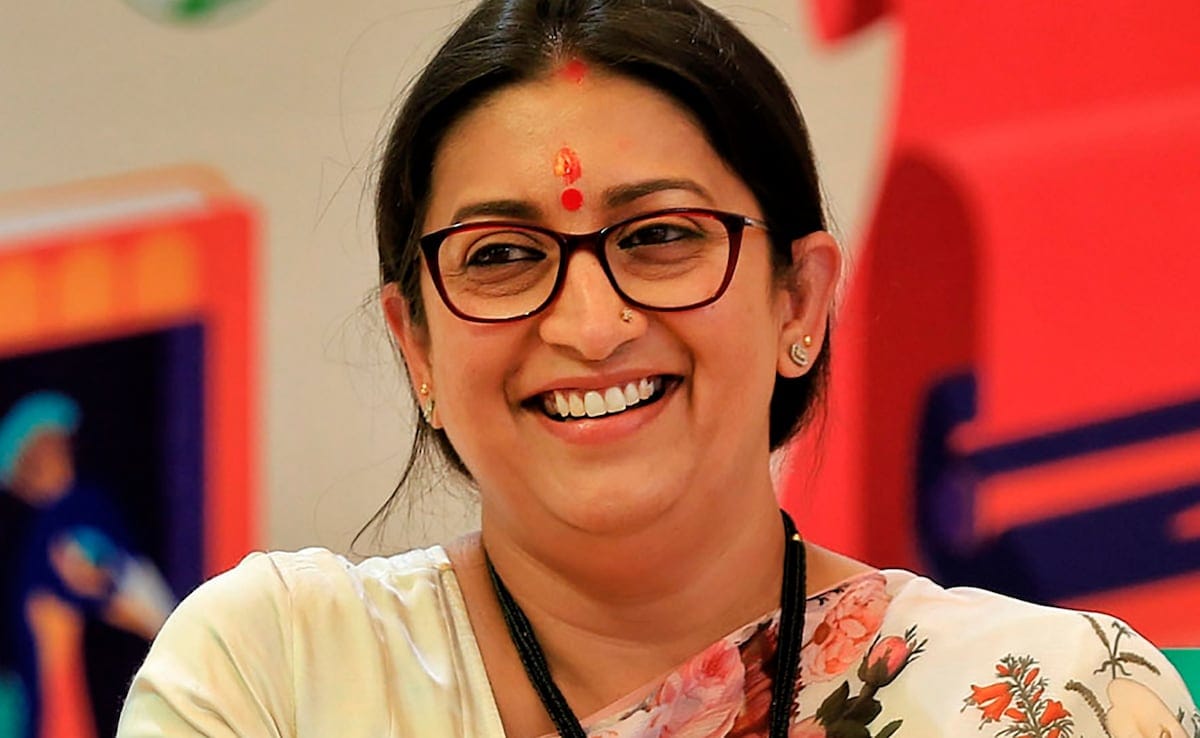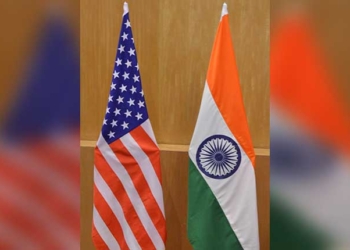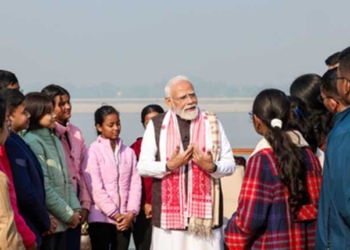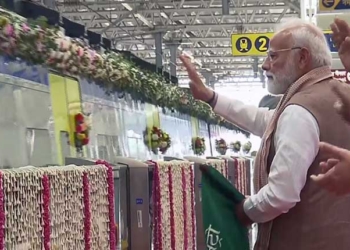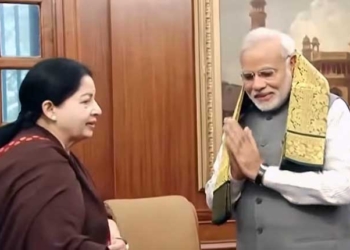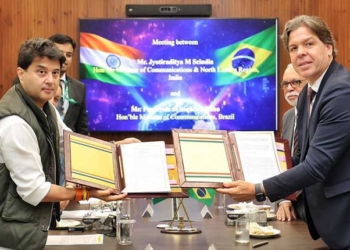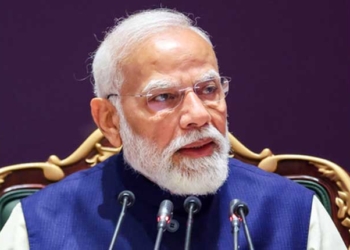Mumbai: Union Minister and actress Smriti Irani has shared what makes her show “Kyunki Saas Bhi Kabhi Bahu Thi 2.0” relatable, highlighting how it addresses modern issues like body shaming and ageing for today’s audiences and youth.
In an exclusive quote shared with IANS, the veteran actress spoke about the key factors behind the show’s surprising success in the digital space. Smriti mentioned that by incorporating topics like body shaming, ageing, and other societal challenges into the storyline, the show has been able to connect with modern audiences. This approach of fictionalising real-life concerns makes the narrative relatable and engaging for viewers today.
Smriti Irani reflected on how both media and audience expectations have evolved since the show first aired. “When we began 25 years ago, there was no digital medium of communication or creative thought that came under the guise of a saas-bahu show. I was most intrigued to see if it would perform on OTT. I am grateful for the compliments for its television performance. We have a monthly viewership of nearly 5 crore, a daily viewership of about 1.5 crore, and a weekly viewership of around 2 to 2.5 crore.”
“On OTT, the average time spent on similar shows is around 20 to 28 minutes individually, while on our show the time spent is 104 minutes a week. The fact that a concept steeped in old-school drama has found resonance on a platform mostly associated with youth is quite intriguing,” she explained.
Speaking about how the show has evolved, Irani emphasized its innovation in addressing modern-day issues. The politician stated, “We have included progressive concepts in this drama in 2025. We have fictionalised today’s issues, like body shaming, ageing, and more, within the narrative. That makes it relatable for modern audiences.”
Smriti Irani returned to television after 15 years with the reboot of “Kyunki Saas Bhi Kabhi Bahu Thi,” stepping back into her iconic role as Tulsi Virani. The actress-turned-politician had originally bid farewell to her TV career in 2010.
(IANS)




